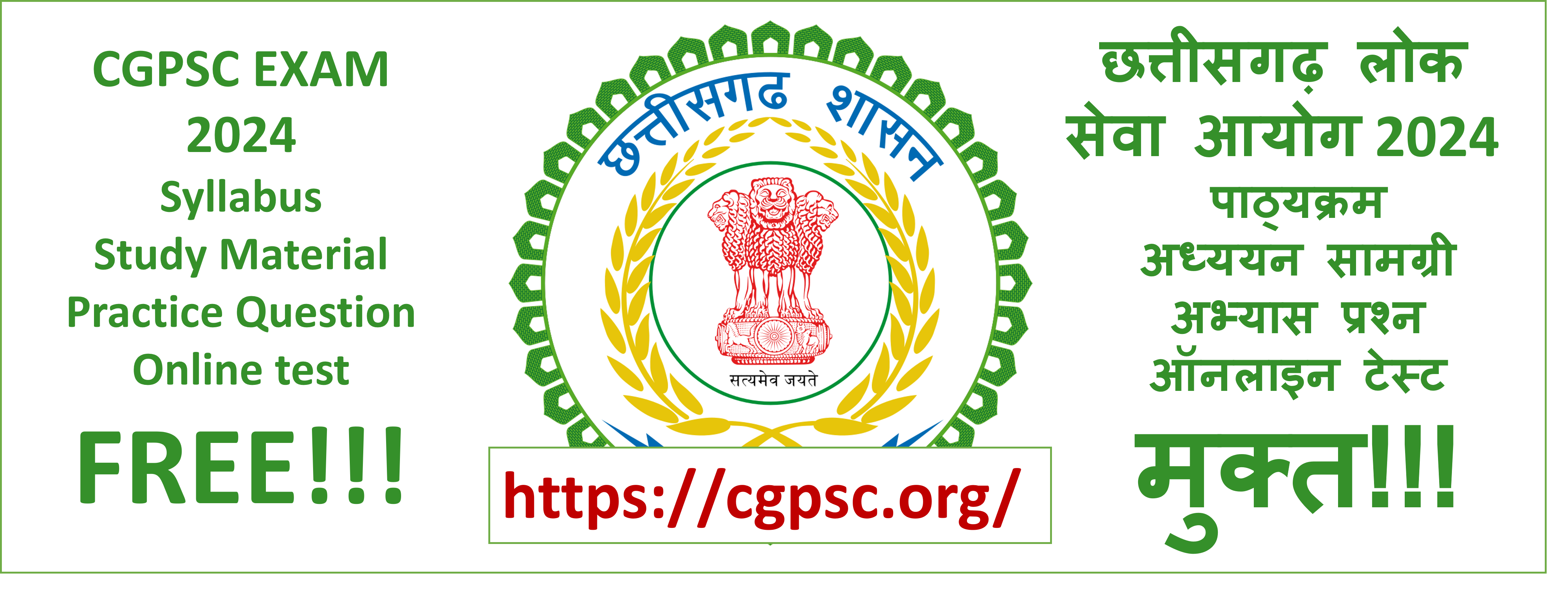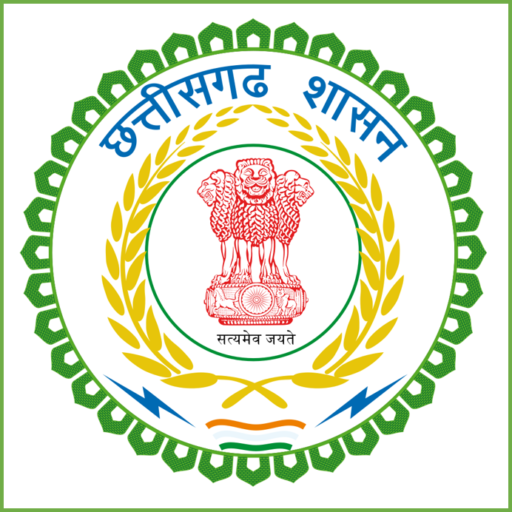Higher Education Vs Skill Acquisition
In an era where the landscape of the professional world is rapidly evolving, the debate between the pursuit of higher education and skill acquisition has become increasingly relevant. This essay aims to explore the nuances of both paths, their impact on individual careers, and their roles in the broader economic context.
Understanding Higher Education
Higher education traditionally refers to the formal education acquired at universities and colleges, leading to degrees like bachelors, masters, or doctorates. This form of education is often seen as a gateway to a plethora of career opportunities. It offers an in-depth understanding of a particular field, fosters critical thinking, and promotes a broader worldview. As the Indian philosopher Dr. Sarvepalli Radhakrishnan rightly said, “The true teachers are those who help us think for ourselves.” Higher education is not just about acquiring knowledge; it’s about learning to think critically and independently.
The Essence of Skill Acquisition
Skill acquisition, on the other hand, is more focused and practical. It involves the direct learning of skills that are applicable in specific jobs or industries. These skills can be obtained through vocational training, apprenticeships, or even through online courses and workshops. The primary aim here is proficiency in a particular task or set of tasks, often with immediate application in the job market. As the famous saying goes, “Knowledge is of no value unless you put it into practice.” Skill acquisition embodies this principle, emphasizing practical application over theoretical understanding.
The Pros and Cons of Higher Education
Higher education, while offering a broad base of knowledge, often comes with its challenges. It can be time-consuming and expensive, with no guarantee of job security in the current economic climate. However, it does provide a comprehensive understanding of a subject, encourages intellectual development, and often opens doors to higher-paying job opportunities. In a world where interdisciplinary knowledge is increasingly valued, higher education can provide a competitive edge.
The Practicality of Skills
Skill acquisition is generally more cost-effective and time-efficient. It is highly targeted, equipping learners with specific skills that are in demand in the job market. This approach is particularly beneficial for those who require immediate employment or wish to quickly start a career. However, it may lack the breadth of knowledge and the development of critical thinking skills that higher education provides.
The Interdependence of Higher Education and Skills
It’s important to note that higher education and skill acquisition are not mutually exclusive. In fact, they are often interdependent. Many higher education programs now incorporate practical skill training as part of their curriculum. Similarly, those who pursue skill acquisition may find that a certain level of formal education enhances their understanding and effectiveness in their chosen field.
Economic Perspectives
From an economic standpoint, both higher education and skill acquisition play crucial roles. A well-educated workforce is essential for the advancement of technology, science, and culture. However, skilled workers are the backbone of many industries, driving practical applications and innovations. The global economy requires a diverse range of talents and capabilities, and thus, both higher education and skill acquisition are vital.
The Personal Dimension
On a personal level, the choice between higher education and skill acquisition depends on individual goals, interests, and circumstances. For some, the pursuit of an academic degree is a journey of intellectual fulfillment and a stepping stone to a desired career path. For others, acquiring specific skills is a more direct and practical route to employment and career progression.
Conclusion: A Harmonious Blend for Future Success
In conclusion, both higher education and skill acquisition are essential components of personal and professional development. They each have their unique strengths and limitations. The key lies in finding a harmonious blend that suits one’s personal aspirations and the demands of the evolving job market. As Rabindranath Tagore beautifully expressed, “The highest education is that which does not merely give us information but makes our life in harmony with all existence.” The future will likely see a more integrated approach, where academic learning and skill training coexist and complement each other, paving the way for a more versatile and adaptable workforce. This balanced approach will not only benefit individuals but also contribute to the broader socio-economic development, leading to a more prosperous and enlightened society.
MCQ BASED ON ESSAY

Question 1: What is the primary focus of higher education?
Option 1: Direct job-specific skills
Option 2: In-depth understanding of a field
Option 3: Short-term vocational training
Option 4: Immediate employment opportunities
Correct Answer: In-depth understanding of a field
Question 2: What is the main benefit of skill acquisition?
Option 1: Comprehensive subject knowledge
Option 2: Development of critical thinking
Option 3: Cost-effectiveness and practicality
Option 4: Pursuit of academic research
Correct Answer: Cost-effectiveness and practicality
Question 3: Which Indian philosopher is quoted regarding the true purpose of teachers?
Option 1: Swami Vivekananda
Option 2: Dr. Sarvepalli Radhakrishnan
Option 3: Rabindranath Tagore
Option 4: Jiddu Krishnamurti
Correct Answer: Dr. Sarvepalli Radhakrishnan
Question 4: What does the essay suggest about the relationship between higher education and skill acquisition?
Option 1: They are mutually exclusive
Option 2: They are essentially the same
Option 3: They are interdependent
Option 4: No relationship is suggested
Correct Answer: They are interdependent
Question 5: What is a major challenge of higher education mentioned in the essay?
Option 1: Lack of practical skills
Option 2: Time-consuming and expensive
Option 3: Limited career opportunities
Option 4: Overemphasis on technology
Correct Answer: Time-consuming and expensive
Question 6: Which of these is a primary aim of skill acquisition?
Option 1: Academic research
Option 2: Intellectual development
Option 3: Proficiency in a specific task
Option 4: Interdisciplinary knowledge
Correct Answer: Proficiency in a specific task
Question 7: What role does skill acquisition play in the economy?
Option 1: It has no significant impact
Option 2: Drives practical applications and innovations
Option 3: Only supports academic research
Option 4: Reduces job opportunities
Correct Answer: Drives practical applications and innovations
Question 8: What personal factors influence the choice between higher education and skill acquisition?
Option 1: Economic status only
Option 2: Geographical location
Option 3: Individual goals and interests
Option 4: Age of the individual
Correct Answer: Individual goals and interests
Question 9: What is a disadvantage of skill acquisition, according to the essay?
Option 1: High cost
Option 2: Lack of critical thinking skills
Option 3: Time-consuming nature
Option 4: Overemphasis on theory
Correct Answer: Lack of critical thinking skills
Question 10: Who is quoted in the essay about harmony with all existence?
Option 1: Mahatma Gandhi
Option 2: Dr. APJ Abdul Kalam
Option 3: Swami Vivekananda
Option 4: Rabindranath Tagore
Correct Answer: Rabindranath Tagore
Question 11: What is the essay’s perspective on the future of education and skill training?
Option 1: They will remain separate
Option 2: A more integrated approach
Option 3: Skill training will become obsolete
Option 4: Formal education will be phased out
Correct Answer: A more integrated approach
Question 12: According to the essay, what does higher education often open doors to?
Option 1: Specific technical skills
Option 2: Immediate job placements
Option 3: Higher-paying job opportunities
Option 4: Manual labor jobs
Correct Answer: Higher-paying job opportunities
Question 13: What does the essay suggest about the economic value of higher education?
Option 1: It has limited economic value
Option 2: Essential for cultural advancement only
Option 3: Crucial for technological and scientific advancement
Option 4: Unrelated to the economy
Correct Answer: Crucial for technological and scientific advancement
Question 14: What does the essay imply about the breadth of knowledge in skill acquisition?
Option 1: It is extensive and comprehensive
Option 2: It is limited to practical skills
Option 3: It is focused on academic research
Option 4: It is irrelevant
Correct Answer: It is limited to practical skills
Question 15: How does the essay describe the impact of skill acquisition on employment?
Option 1: Negligible impact
Option 2: Decreases employment opportunities
Option 3: Quick start to a career
Option 4: Leads to academic careers
Correct Answer: Quick start to a career
Question 16: According to the essay, what is important for a more versatile and adaptable workforce?
Option 1: Focus solely on higher education
Option 2: Neglect skill-based training
Option 3: Balanced approach to education and skill training
Option 4: Emphasis on technology only
Correct Answer: Balanced approach to education and skill training
Question 17: What is a major benefit of higher education in the context of the job market?
Option 1: Immediate job placement
Option 2: Short-term skills
Option 3: Competitive edge
Option 4: Manual labor skills
Correct Answer: Competitive edge
Question 18: How does the essay view the role of higher education in interdisciplinary knowledge?
Option 1: It has no role
Option 2: Plays a minor role
Option 3: Significant role
Option 4: Discourages interdisciplinary knowledge
Correct Answer: Significant role
Question 19: What does the essay suggest is crucial for personal and professional development?
Option 1: Exclusively pursuing higher education
Option 2: Ignoring formal education
Option 3: A mix of education and skill acquisition
Option 4: Focusing only on practical skills
Correct Answer: A mix of education and skill acquisition
Question 20: According to the essay, what is the role of vocational training in skill acquisition?
Option 1: It has a minimal role
Option 2: Primary method of acquiring skills
Option 3: Only suitable for certain professions
Option 4: Not recommended
Correct Answer: Primary method of acquiring skills
CGPSC 2024 Practice Question, छत्तीसगढ़ राज्य सेवा परीक्षा: अभ्यास प्रश्नों के PDF

Leave a Reply